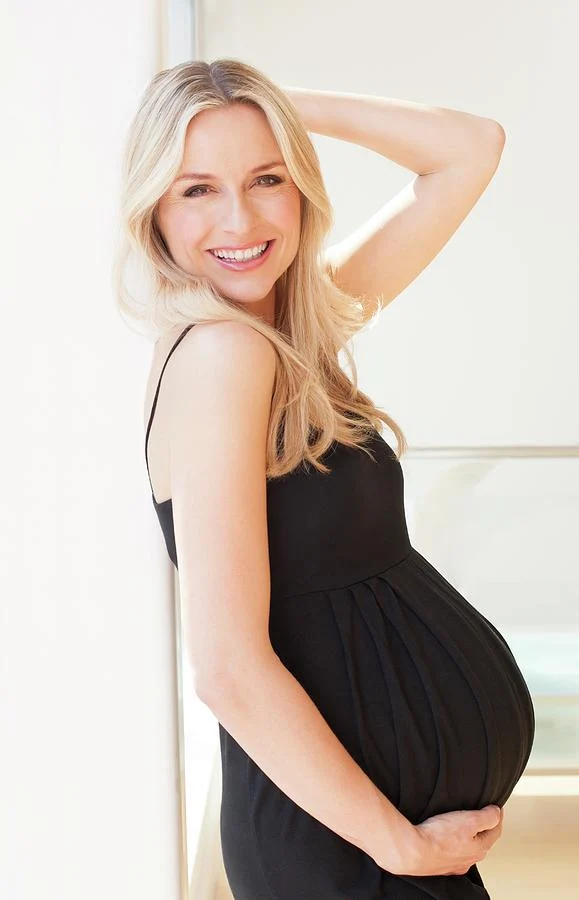Updated: Dec. 18, 2015
Originally Published: Nov. 7, 2014
During my twenties and early thirties, I found myself in a series of intense friendships with women who turned out to be just as unsuitable as some of the guys I dated. The pattern was always the same: I’d meet someone new and think she was amazing. We’d connect over shared interests, quickly become inseparable, and I’d mistake that closeness for a deep bond, labeling it “best friendship” before we really had the chance to cultivate it.
I always shared too much too soon, eager to be the supportive best friend, even when we didn’t have the history to back it up. I felt important when she called me during her crises—though, looking back, those crises came up way too frequently for the length of our friendship. Then, inevitably, I’d drop the ball once during a drama, and she’d accuse me of not living up to the expectations I had set.
Suddenly, the title of “best friend” felt more like a heavy burden, like a scratchy wool sweater that I couldn’t take off without help. We both played a part in this; we had committed to being best friends before truly getting to know each other. This scenario played out a few times—perhaps too many to count. Once I recognized the type of women I was drawn to, I tried to pay attention to my instincts and the red flags that popped up when things felt off. I slowed down, thinking I had learned my lesson by the time I met Lucy*.
While Lucy was quick to push our friendship, I took my time. She was funny and charming, and hanging out with her was a blast. Yet, every time I left her, I felt either drained or self-critical. Unable to pinpoint why, I ignored my discomfort and let the friendship accelerate, chasing after that elusive sisterly bond I craved.
One evening at dinner, we had a conversation that struck me hard. I’ll never forget it.
“I’m going on a blind date,” I shared.
Lucy paused mid-bite. “With who?”
“Someone my friend set me up with.”
“Do I know him?”
“No, he’s from upstate.”
“Where in upstate?” she leaned in.
“Tivoli, I think,” I replied, “or maybe Cold Spring.”
“I probably know him! Who is it?”
“Jake Turner,” I said, feeling my excitement wane.
Her expression changed to disbelief. “Really? You’re being set up with Jake Turner?”
“Yeah, is that bad?” I asked, already sensing her response wouldn’t be good.
“No, it’s not bad. It’s just that Jake is, like, super good-looking and hilarious. I just don’t see why he’d be interested in you.”
I felt my heart sink. “So I’m unattractive and dull?” I crumpled my napkin in frustration.
“No! I’m just saying he’s super attractive. I just don’t get why he’d want to go out with you.”
Weeks later, I found myself feeling unattractive and uninspired, even after being featured in a prominent magazine. Lucy was the first to call me after the news broke.
“Looks like you had a good day,” she said, and her tone rubbed me the wrong way.
“Yeah, it was nice. I got a writing gig.”
“Oh, like a blog post?” she scoffed.
“No, actually, it’s a feature article for New Magazine,” I clarified.
“Wait, what? How did that happen?” she pressed.
“Well, they saw my photo in the paper,” I admitted, feeling defensive.
“Yeah, but it was just a photo. How do they know you can write?”
Her comments stung. She was right, but did she need to say it?
The next day, I heard a segment on This American Life where Mike Albo discussed his book, The Underminer: The Best Friend Who Casually Destroys Your Life. It struck me with sudden clarity: Lucy wasn’t a friend; she was an underminer. She didn’t genuinely want the best for me. That label resonated deeply with me, far more than the term narcissist ever had. It liberated my feelings and validated my experiences, helping me realize it was okay to walk away from our friendship.
Understanding the term “underminer” changed everything. It helped me recognize that I had other friendships that were truly supportive, nurtured over time with genuine love—not the quick emotional highs that can trick us into thinking we’re close.
I also realized I had played a part in this dynamic. I had rushed into these friendships, undermining the potential for real connections by not taking the time to build them properly.
Lucy was the last underminer I allowed into my life. After recognizing the signs and trusting my intuition, I became more discerning in my friendships. I stopped ignoring my gut feelings and chose to prioritize authentic connections. Since then, I’ve stayed away from underminers.
(Names have been changed to protect the truly awful.)
